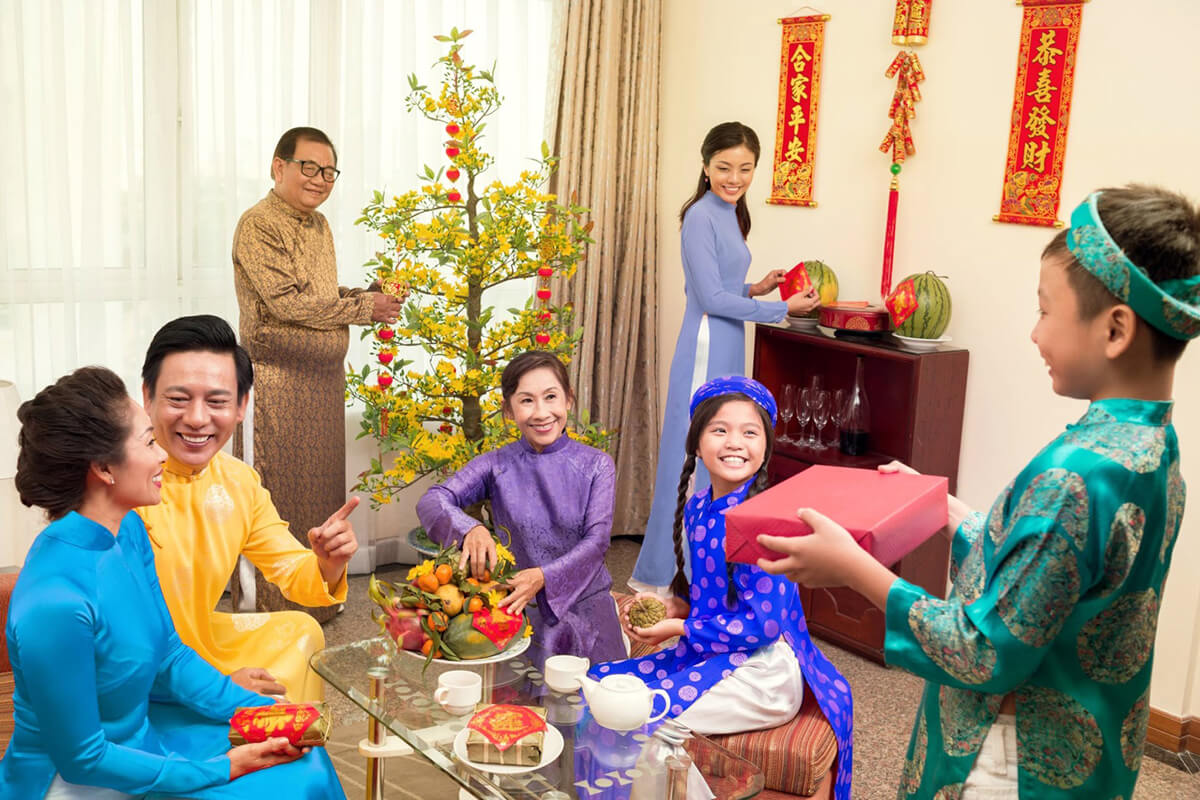Unraveling the Mystery of Vietnamese Slangs: Vía, Xin Vía, Nhả Vía, and Trộm Vía


Slang is an essential aspect of any language and often reflects the cultural and societal norms of the people who use it. Understanding slang can help learners of Vietnamese language to communicate more effectively with native speakers and gain deeper insights into the local culture.
In this article, we will explore the world of Vietnamese slangs and focus on four popular terms: "vía", "xin vía", "nhả vía", and "trộm vía" as well as providing an in-depth analysis of each of these slangs, their meanings, and how they are used in everyday conversations.
1. What is “vía”?

First, let's start with the definition of "vía". According to the dictionary, "vía" is an intangible element that exists thanks to the physical body. It is considered to be a part of human spiritual value, and when a person dies, it is believed that they will lose their "vía" along with their consciousness.
In Buddhist teachings, "vía" or "hồn" is also a type of spirit or consciousness, but it leans towards the physical and has a heavier aspect. "Vía" is the source of energy that helps people live a healthy and happy life. After a person's "vía" is gone, they only exist for a short period before disappearing.
2. What is “xin vía”?

Moving on to "xin vía", this phrase is commonly used in daily life to seek luck or permission from someone. (The word “xin” means to ask for something.) For example, when someone shares their achievements on social media, others may comment "xin vía" as a way of expressing their congratulations and hoping to receive similar success in the future.
3. What is “nhả vía”?
On the other hand, "nhả vía" is the opposite of "xin vía". “Nhả” could be understood as to spill out or give away. “Nhà vía” means to give away one's luck or blessings to others who ask for it. Usually, people will use this phrase in response to others’ “xin vía”.
4. What is “trộm vía”?

Lastly, “trộm vía” is another phrase commonly used before compliments. “Trộm” means to steal. “Trộm vía” literally means to “steal the kid’s energy”. Why? Because ancient Vietnamese people believed that ghosts and demons were jealous of well-behaved and beautiful kids. Therefore, they added the phrase "trộm vía" at the beginning of compliments to secretly praise someone and avoid ghosts and demons hearing them and causing trouble.
That’s why, if you like this post, remember to say: “Trộm vía, this post is so good!”
Understanding these slang phrases can help learners deepen their knowledge of Vietnamese culture and language. At Berlitz Vietnam, we offer a range of language courses and cultural immersion programs that can help learners develop a deeper understanding of Vietnamese language and culture. Whether you're a beginner or an advanced learner, our experienced instructors can help you achieve your language learning goals and gain a deeper appreciation for the rich cultural heritage of Vietnam.
Thank you for reading our blog on Vietnamese slang phrases related to “vía”! We hope you found it informative and helpful in your language learning journey.




